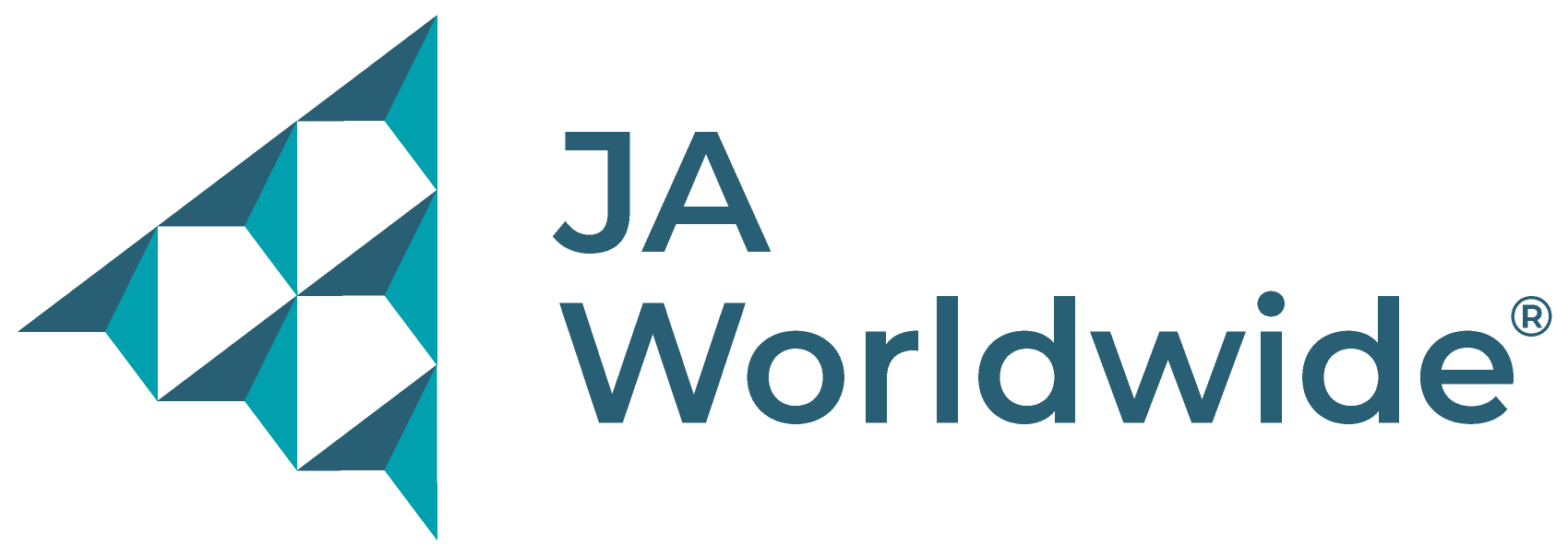JA Alumni Heroes Tackling COVID-19
April 13, 2020
Two inspiring JA alumni are using their entrepreneurial skills to help those in need during the COVID-19 pandemic.
3D printing for hospitals in need
INJAZ Morocco alumnus Aymane Berrerhdoche is a junior architect and cofounder of Clinaqua, a start-up that provides a solution for single-use plastic items like plastic bottles. Using 3D printers, Clinaqua works to improve water quality for individuals around the world. “Amid COVID-19 we didn’t stop working on our project,” he said, “because we believe in its importance for a sustainable future.” But Aymane, who currently resides in Valencia, Spain, and his cofounders have given their Clinaqua 3D printers a new purpose.
“We now deliver basic medical protection supplies to hospitals in need in Valencia, Spain, and Malaga, Morocco, for free. People who own 3D-printing devices started this initiative, and we wanted to give back to our communities in this crucial time,” Aymane said. “Reusable face protectors are not just crucial for doctors and nurses during this pandemic, they do less harm to the environment than single-use protectors.”
The designs for these protection supplies are available for free online, giving every owner of a 3D printer the chance to become a lifesaver without having to leave their homes or workplaces. Write to Aymane at clinaqua@gmail.com to request the designs. He’s also looking for partners around Europe and the world to join him. “We are in this together, stay positive!”
A computer for every student
As the COVID-19 crisis broke out in Europe this March, JA Estonia alumnus and founder of NGO Edumus Maria Rahamägi was humbled to see how many educational technology companies were willing to offer solutions for free to ensure high-quality education would continue. However, not all students in Estonia have devices that allow them to participate in distance learning. “We might be known as an e-nation,” Maria said, “but to this day not all families in the country have computers at home. Even though I don’t personally know anyone in this situation, I felt I should do something about this disparity.”
Two days after the Estonian Ministry of Education announced that all students would be quarantined and home-schooled, Maria participated in a hackathon, where she presented her idea to build a platform that would help to provide devices to students in need. Though the idea did not gain traction at the hackathon, she continued to talk to people from the ministry. She was discouraged to find a lack of support for device sharing due to the potential to spread the disease without proper sanitation. However, after several days, Facebook groups popped up looking to connect people who had devices with those in need. One day later, the group grew to over 1,000 users, and the ratio of people claiming to need a device to donors was 1:10.
Maria joined the team to connect students with devices immediately and soon after her Edumus team joined, too. ”We created a landing page and put our best efforts into collecting and organizing data about people who need devices and those who had something to donate,” she said. “To date, we have managed to provide around one thousand devices to families in need across Estonia, which is 1.5% of all families with school-aged children.”
Maria is thankful for the companies and people who have donated devices. “It is safe to say that, from now on, no kid in Estonia should be behind in their studies because of the lack of a virtual-learning device,” she said. “I praise the Estonian Ministry of Education, local governments, schools, and the team of people we were working with for quickly jumping on board and joining us in our efforts to provide the devices to the families who need them the most.” Join Maria to hack the crisis.
Special thanks to JA Alumni Europe for providing these inspiring JA alumni stories.


